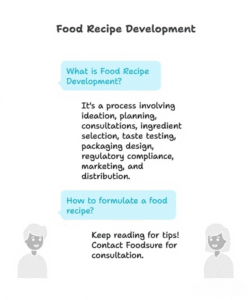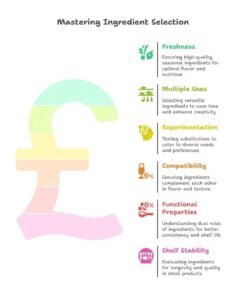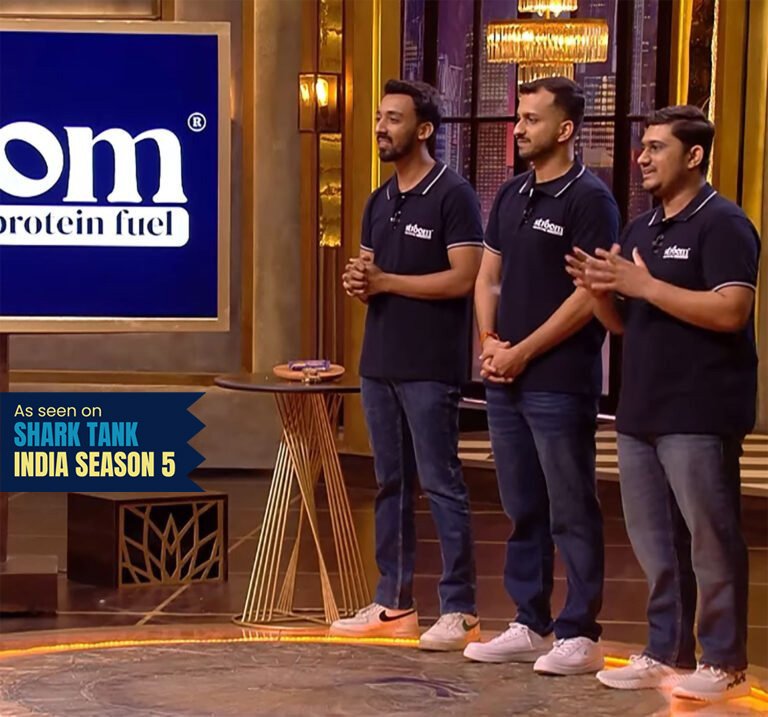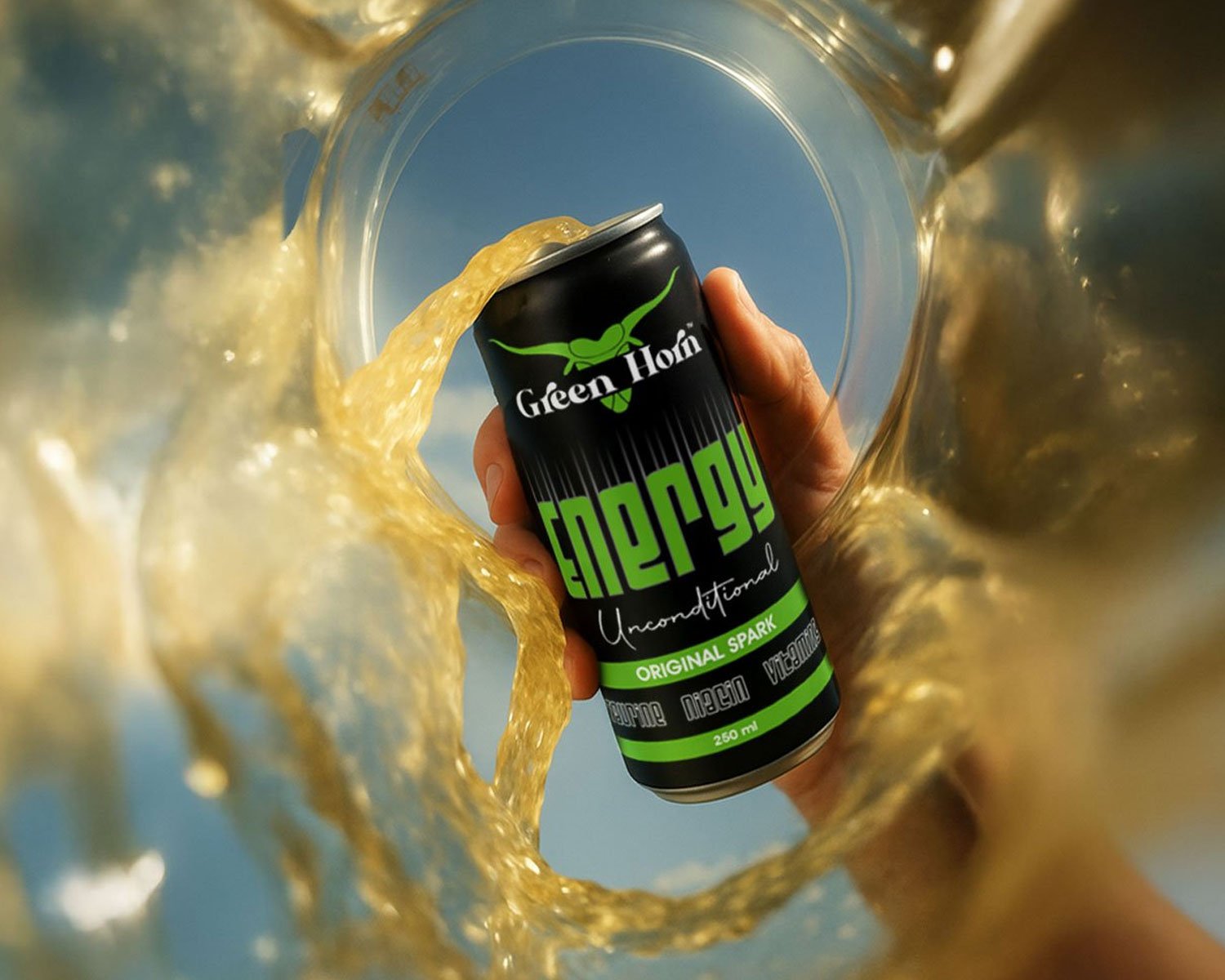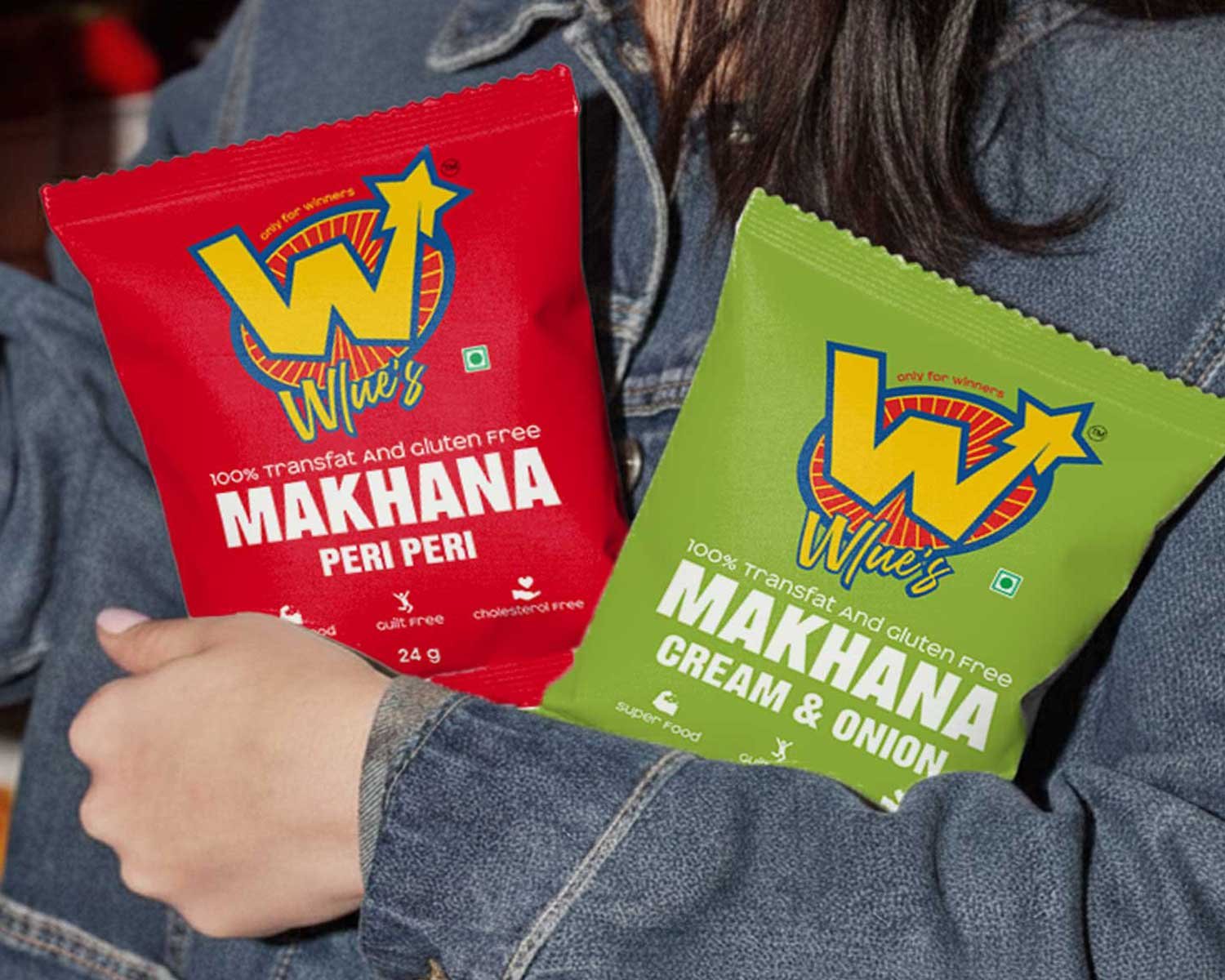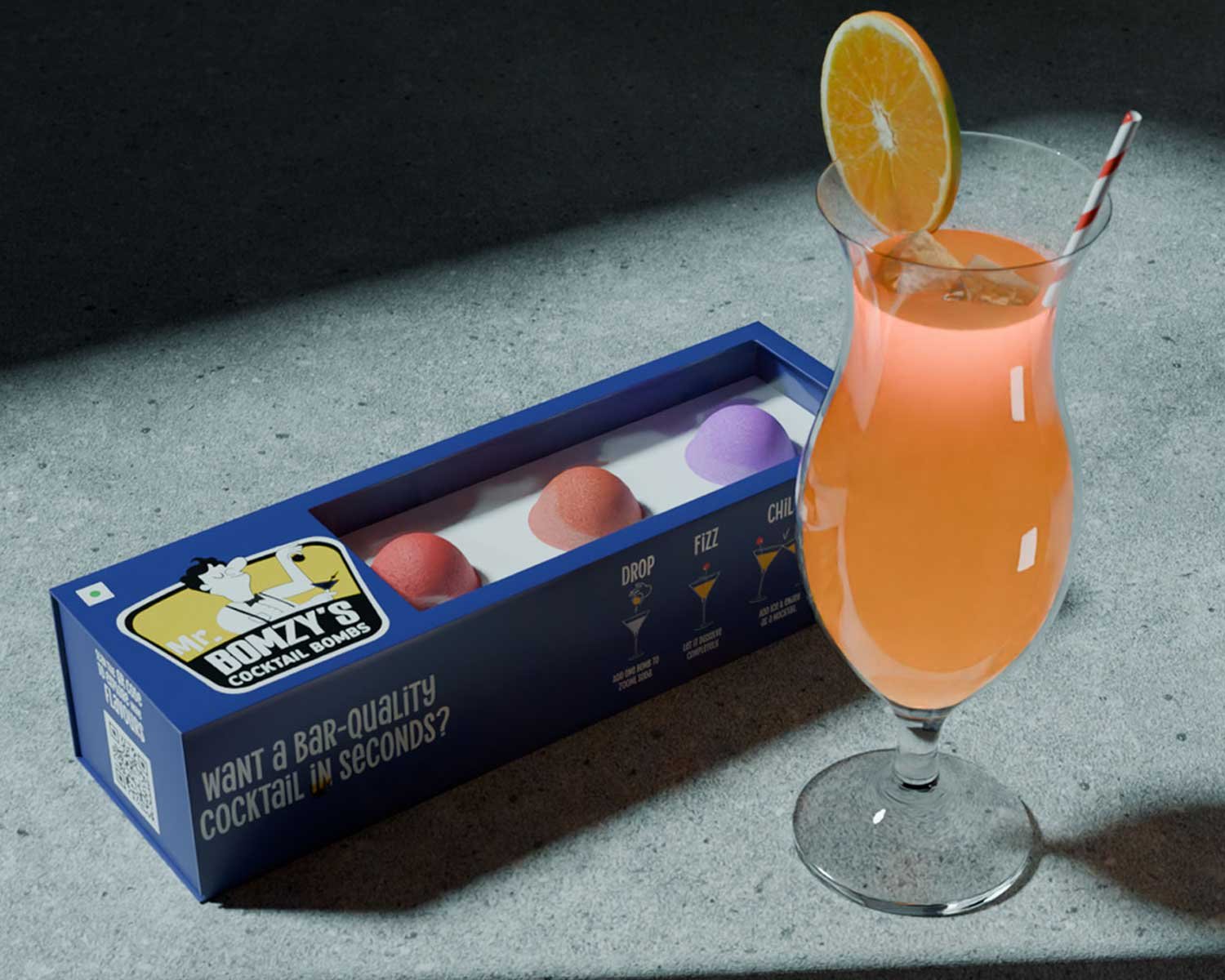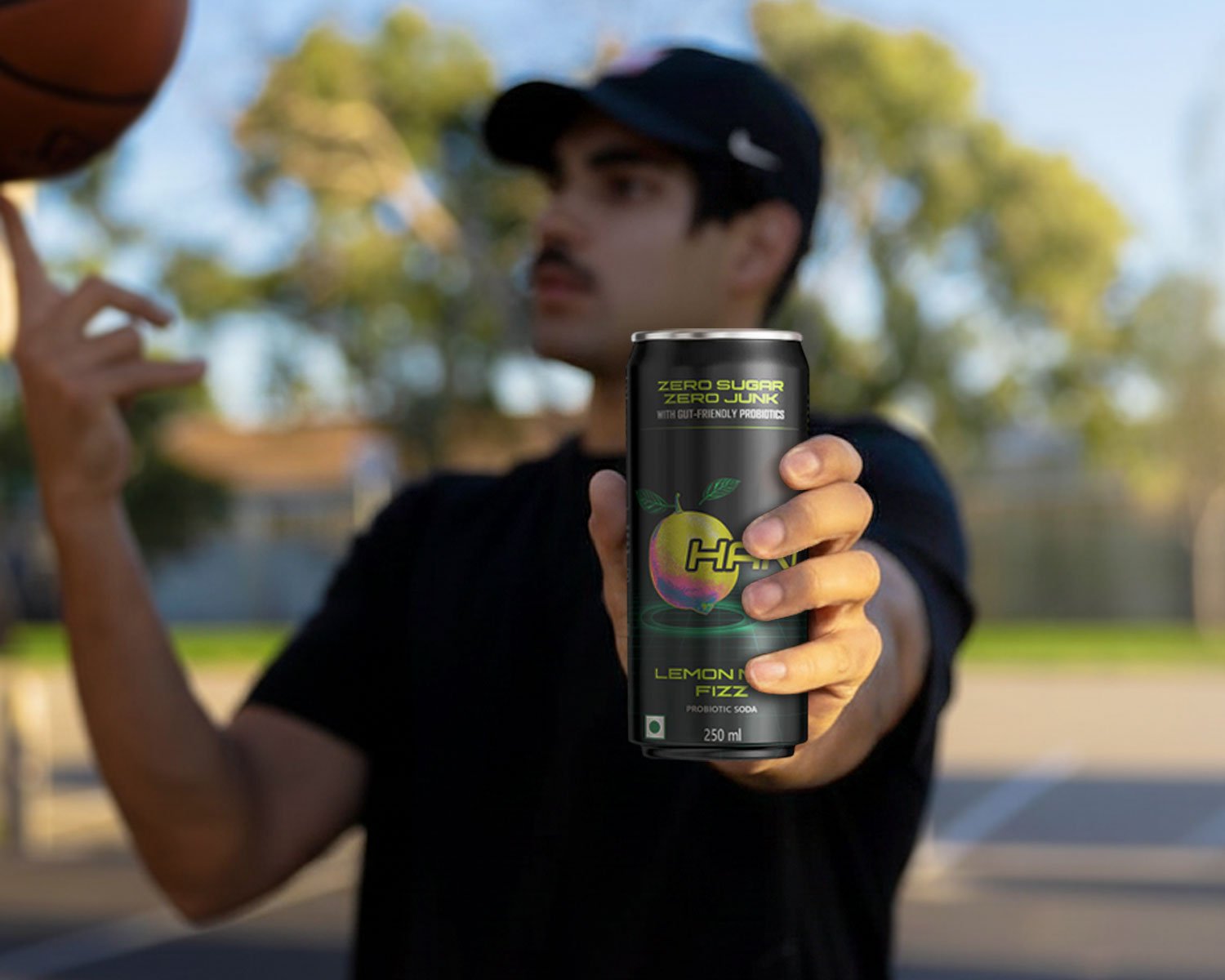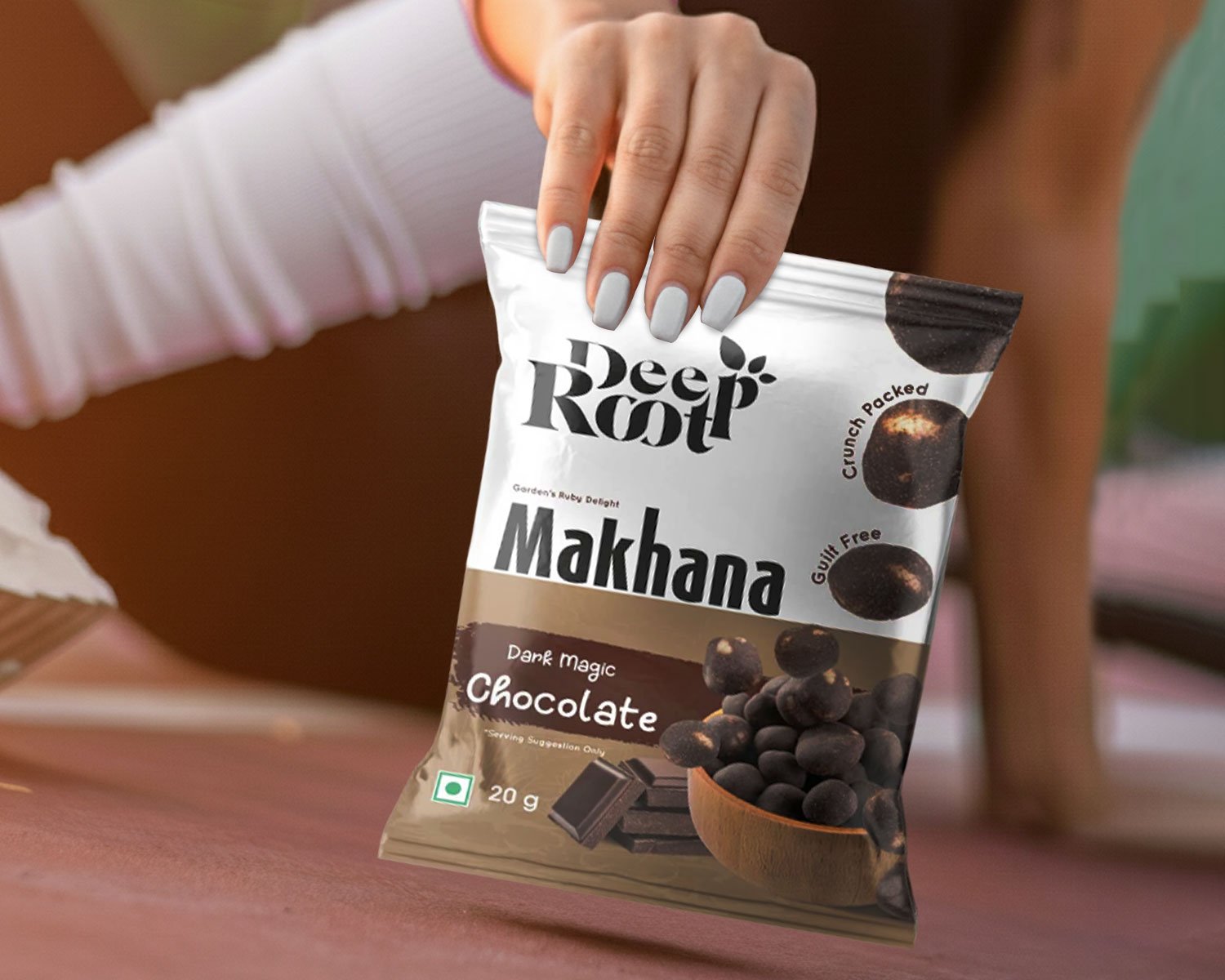Creating the perfect recipe is not that easy; it is an art and a science and requires proper planning. No matter if you’re a professional in the food business, a food enthusiast, or a product developer, if you know that perfection in food recipe formulation, then you can make your food creation journey better and ensure perfection in taste and quality. As you are aware, creating a successful food recipe requires an accurate balance of science, art, and intuition. Thus, we, Foodsure, “Your Food Recipe Partner,” are experts in creating unique and tasty recipes that meet your needs and plan your working agendas and goals.
Want to know more about it? Worry not, we provide you with a clear picture in this complete blog. We’ll share some effective food recipe formulation tips to help you create dishes that are amazing in taste and will delight your customers and make your business shine.
Want to optimise your Food Business? Request a free consultation!
Food Product Development Services – Click Here
What is Food Recipe Development?
Food product development is a process that includes many major steps, such as steps of ideation, planning, consultations with food scientists, ingredient selection, taste testing, packaging design, regulatory compliance, marketing strategy by following the current trends, and distribution to the masses. It’s an ongoing process in which food brands look for a balance between product quality, cost-effectiveness, sustainability, and consumer appeal to bring a successful product to the market.
Curious about how to formulate a food recipe? Keep reading as we break down powerful tips to guide your success! Also, contact Foodsure, the best food technology consultant.
Food Trends To Watch In 2025 For New Recipe Ideas
You are worrying, how long does food formulation take? But what you need to worry about is new food product development trends. Staying ahead of trends is key to successful product development. Here are the top food trends shaping recipes in 2025:
- Plant-Based Everything: From dairy-free desserts to vegan meats, plant-based innovation continues to dominate.
- Gut Health Focus: Expect a rise in prebiotic and probiotic-rich foods like kombucha, kefir, and functional snacks.
- Clean Label Demand: Consumers want transparency—minimal ingredients, no additives, and label-friendly formulations.
- Global Flavors, Local Touch: Fusion recipes combining world cuisines with Indian flavors are trending.
- Protein-Packed Options: High-protein snacks, drinks, and meals remain hot, especially in the fitness market.
Our food formulation expert can help you with new food product development can make you successful.
Top 5 Ingredients That Work In Almost Any Food Recipe Formulation
Looking for go-to ingredients that never fail? These five are superstars in any kitchen:
- Salt – A little sprinkle brings out all the flavors in your dish.
- Lemon – Adds a zesty kick and makes food feel fresh and light.
- Garlic – Packs a punch of flavor and makes everything taste better.
- Onion – A flavor base that works in curries, soups, sauces—you name it.
- Oil (like olive or refined) – Perfect for cooking, frying, or dressing up salads.
How Do We Choose Ingredients For Food Formulation Like A Pro?
Choosing ingredients isn’t just about what tastes good. It’s about knowing what works best for your recipe—and your brand.
Freshness Is a Must
Your food recipe must be fresh. We use fresh, high-quality ingredients is important to get the best flavour and taste. We choose perfect seasonal produce and locally sourced ingredients. Fresh ingredients not only taste better but also have higher nutritional value.
Multiple Uses
We select amazing ingredients that can be used in multiple dishes. This approach helps you save time and money, but also allows for more creative freedom in the kitchen.
Experiment with Substitutions
Take a step, and we do creative experiments with ingredients and their substitutions to cater to different needs or preferences. For example, you can replace dairy with plant-based options or use gluten-free flour instead of wheat flour. Testing various substitutions can lead to new and exciting recipe changes.
Ingredient Compatibility Matters
Not all ingredients play well together. While designing your recipe, ensure the ingredients complement one another in flavor, pH level, and texture. For example, acidic ingredients like lemon or vinegar can curdle dairy—this can affect both shelf life and taste.
Consider Functional Properties
Some ingredients play dual roles—such as cornstarch acting as a thickener and stabilizer. Understanding the functional properties helps in better consistency, mouthfeel, and even longer shelf life in packaged products.
Shelf Stability of Ingredients
When creating a recipe meant for retail, we always evaluate how well each ingredient holds up over time. Shelf-stable ingredients reduce spoilage and help maintain quality throughout the product’s lifecycle.
Step-by-Step Food Recipe Formulation Process
Turning an idea into a finished recipe takes a structured approach. Here’s a simple step-by-step process to help you get it right from the start.
1. Define Your Goals
The first and foremost thing is to be clear with your goals or what you want. And then start with your food recipe formulation, which will give you a clear picture. Are you looking for a healthier version of a classic dish or what? Are you planning to create something completely new? Knowing your goals will help your ingredient choices and cooking techniques, and take your planning in the right direction.
2. Know Your Audience
The target audience plays an important role in making your business stand out from the crowd. Thus, one needs to understand that their target audience is vital for successful food recipe development. Consider their preferences, research trends, cultural influences, and eating habits. This knowledge will help your food recipe development that resonates with your audience and make it useful for you as a successful brand in the market.
3. Create and Test the Recipe
Once your base idea and ingredients are ready, it’s time for the extraordinary recipe development! Start creating the dish and test it. Testing helps you fine-tune the method, timing, quantity, and flow. Always keep notes while cooking for consistency. Taste it, review it, and don’t be afraid to change things that don’t work. That’s how your food product development shines.
4. Balance Taste and Flavour Profiles
To achieve success, you need to take care of a perfect balance of taste and flavour in your recipes. This is the best key to making your food recipe development successful. There are five basic tastes: sweet, sour, salty, bitter, and umami, that you can definitely consider. You can also prefer experimenting with different combinations to create an amazing and memorable dish. For example, balancing sweet and sour flavours can amaze the overall taste experience.
5. Work on Texture and Mouthfeel
Texture gives the overall enjoyment of a dish. You can include a variety of textures, such as crunchy, creamy, etc., to create a more interesting and satisfying eating experience. Consider how different cooking methods, such as roasting, boiling, or frying, can give what type of texture to your ingredients.
6. Finalize with Consistency in Mind
After multiple trials, when your recipe starts giving the same delicious results every time, you’ve found the final version. This stage is where you note down exact measurements, steps, temperature, and time. Consistency is the key to customer trust and brand identity.
7. Document and Scale for Production
Once the recipe is finalized, the next step is documentation and scaling. Document the entire recipe in a standard format. If you’re planning commercial production, adapt the recipe to scale up the ingredients and methods for larger batches. This is essential for quality control and manufacturing success.
Tips Of Recipe Formulation For Commercial Success
Great taste is just the starting point—turning a recipe into a successful product takes much more. From getting the basics right to meeting market demands, every step counts.
Regulatory and Compliance in Recipe Formulation
Commercial recipes must meet key regulations to be market-ready. At Foodsure, we align every formulation with FSSAI guidelines, banned ingredient lists, and packaging laws.
- FSSAI Compliance: We make sure your recipe meets food safety standards for additives, hygiene, and nutritional norms.
- Labeling Laws: From ingredient lists to nutritional facts, we guide correct packaging declarations.
- Ingredient Restrictions: We avoid banned or restricted substances from the start.
- Allergen Declarations: Common allergens are marked to meet legal and safety requirements.
Ensuring Consistency and Quality
- Standardize Measurements- Use standardized measurements for ingredients and cooking times to ensure perfect consistency in your recipes. This practice helps maintain the quality of your dishes and makes it easier for others to try them.
- Document Your Process- Keep detailed notes of your recipe formulation process, including ingredient quantities, cooking techniques, and any adjustments made. This documentation is invaluable for future reference and helps maintain consistency when scaling up recipes for commercial production.
- Packaging Designs- Looks give the best impressions. The visual appeal of a dish is just as important as its taste. Pay attention to plating and presentation to create an attractive and amazing final product. Consider colour, texture, and arrangement to make the overall dining experience better.
Innovating and Staying Current
- Stay Updated on Trends- Keep up with the latest food trends and uniqueness to make sure your recipes remain relevant and exciting. Attend food industry events, follow culinary blogs, and engage with other professionals to stay informed and inspired.
- Encourage Feedback- Invite feedback from customers, friends, and colleagues to gain valuable insights into how your recipes are perceived. Constructive criticism can help you identify areas for improvement and inspire new ideas for future recipes.
- Keep Experimenting- Never stop experimenting with new ingredients, techniques, and flavour combinations. The more you experiment, the more you’ll learn about what works and what doesn’t, leading to more innovative and successful recipes.
Positioning Your Food Recipe Formulation For The Right Audience
Even the best-tasting product can fall flat if it doesn’t click with the right people. That’s why we focus on shaping your recipe to suit your target market, whether it’s a health-conscious niche, a premium category, or a value-driven mass audience.
By understanding what your customers want and expect, we help you fine-tune everything from flavour and price point to packaging style—so your product doesn’t just taste great, it sells well too.
What We Do As Expert Food Technology Consultant
From concept to commercialization, we guide every step of your product journey with technical expertise and market insight. Our goal? To turn your food idea into a product that stands out and sells strongly.
We Bring Precision to the Market
Our approach goes beyond just knowing the basics—we engineer cooking processes. With deep knowledge of how each technique alters ingredient behaviour, we fine-tune methods that preserve nutrition, enhance flavours, and ensure batch-wise consistency. Whether it’s sous-vide for stability or pressure cooking for scale, we tailor it to your product.
Automation Meets Artistry
We integrate scalable cooking systems that work for both handcrafted small batches and large commercial production. Our expertise in aligning time–temperature parameters with the right equipment helps maintain quality across thousands of units—without losing the soul of your recipe.
Custom Trials = Predictable Results
We don’t just test—we run structured product trials with targeted adjustments based on sensory data, process control points, and real-user feedback. This ensures you get recipes that are not just tasty, but viable for the market, with a documented path to scale.
Let’s Whip Up Innovation—Your Recipe, Our Expertise!
 Effective food recipe formulation requires a combination of creativity, technical skill, and a deep understanding of your audience. By following these tips, you can develop delicious and memorable recipes that will set your business apart from the competition. Remember, at Foodsure, we’re here to support you every step of the way. Ready to change your recipe game?
Effective food recipe formulation requires a combination of creativity, technical skill, and a deep understanding of your audience. By following these tips, you can develop delicious and memorable recipes that will set your business apart from the competition. Remember, at Foodsure, we’re here to support you every step of the way. Ready to change your recipe game?
Partner with Foodsure Recipe formulation services, Your Food Recipe Partner, and let us help you create innovative and successful recipes that will delight your customers and boost your business. Contact us at +918130404757 today to get started!
Contact us today to start your formulation journey with confidence!
Need Expert Help to Launch Your Food Product Legally & Successfully?
Foodsure supports food brands with FSSAI-compliant labelling, pre-launch checks, and regulatory compliance to ensure a smooth and legal food product launch. We help prevent penalties and delays before your product enters the market.
What We Help You Solve
-
FSSAI label review and correction
-
Nutritional panel accuracy and ingredient validation
-
Claim verification and compliance
-
Packaging artwork and readability checks
-
Audit, inspection, and documentation support
Who We Work With
-
Startups launching new food products
-
FMCG and D2C food brands
-
Private label and co-manufacturers
-
Importers, exporters, and suppliers
Frequently Asked Questions
What is food recipe formulation and why is it important?
Food recipe formulation is the process of developing a food product with the right ingredients, taste, texture, and stability for commercial production.
How do you develop a commercial food recipe?
A commercial food recipe is developed through ingredient selection, pilot trials, sensory testing, cost optimisation, and shelf-life evaluation.
What are the key steps in food recipe formulation?
Key steps include concept development, formulation trials, sensory evaluation, stability testing, compliance checks, and scale-up readiness.
Which factors affect successful food recipe formulation?
Taste, texture, ingredient compatibility, shelf life, cost, processing method, and regulatory compliance all affect formulation success.
How do food consultants help in recipe formulation?
Food consultants provide technical expertise, optimise formulations, reduce development time, and ensure regulatory and market readiness.
What role does sensory testing play in formulation?
Sensory testing evaluates taste, aroma, texture, and consumer acceptance before finalising a commercial recipe.
How is shelf life ensured in food recipe formulation?
Shelf life is ensured through ingredient selection, processing control, packaging evaluation, and stability testing.
What is the cost of professional food recipe formulation?
Costs vary based on product complexity, trials required, testing, and scale-up support needed.
Can startups use food recipe formulation services?
Yes, startups commonly use formulation services to develop market-ready products without investing in in-house R&D.
How is food recipe formulation linked to compliance?
Formulation must comply with food safety laws, ingredient standards, labelling rules, and regulatory guidelines before launch.


